Books have a way of making us feel smarter just by owning them, even if we’ve never flipped through a single page. Some titles are so iconic that it almost feels like a requirement to read them, but how many people have actually read these classic books all the way through?
Whether it’s because of their length, complexity, or reputation for being hard to get through, these are the books that everyone name-drops but secretly skips.
Ulysses by James Joyce
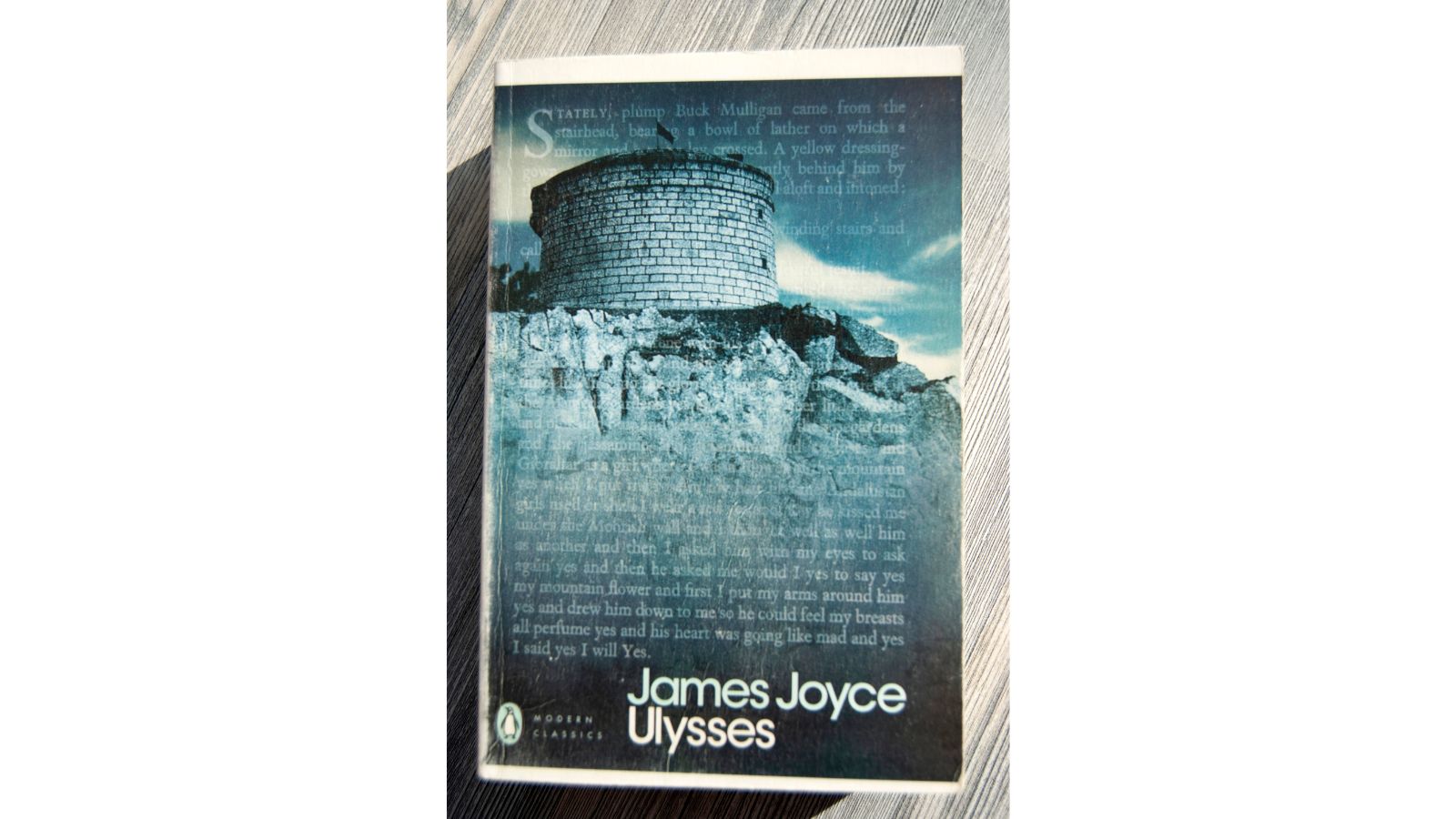
Thanks to its length, this modernist masterpiece is just as daunting as it is legendary. With its stream-of-consciousness style, endless literary allusions, and dense prose, it’s no wonder most copies remain unread on bookshelves.
Many fans who praise it admit they’ve only skimmed parts or read summaries, and honestly, owning Ulysses can feel like an achievement in itself!
Infinite Jest by David Foster Wallace

Clocking in at over a thousand pages with a maze of footnotes, the number of people who have actually finished this book is pretty low. Wallace’s philosophical explorations and intricate writing are endlessly quoted, yet it’s common knowledge that most people don’t make it to the end. It’s like the Mount Everest of modern literature, more admired than climbed.
War and Peace by Leo Tolstoy
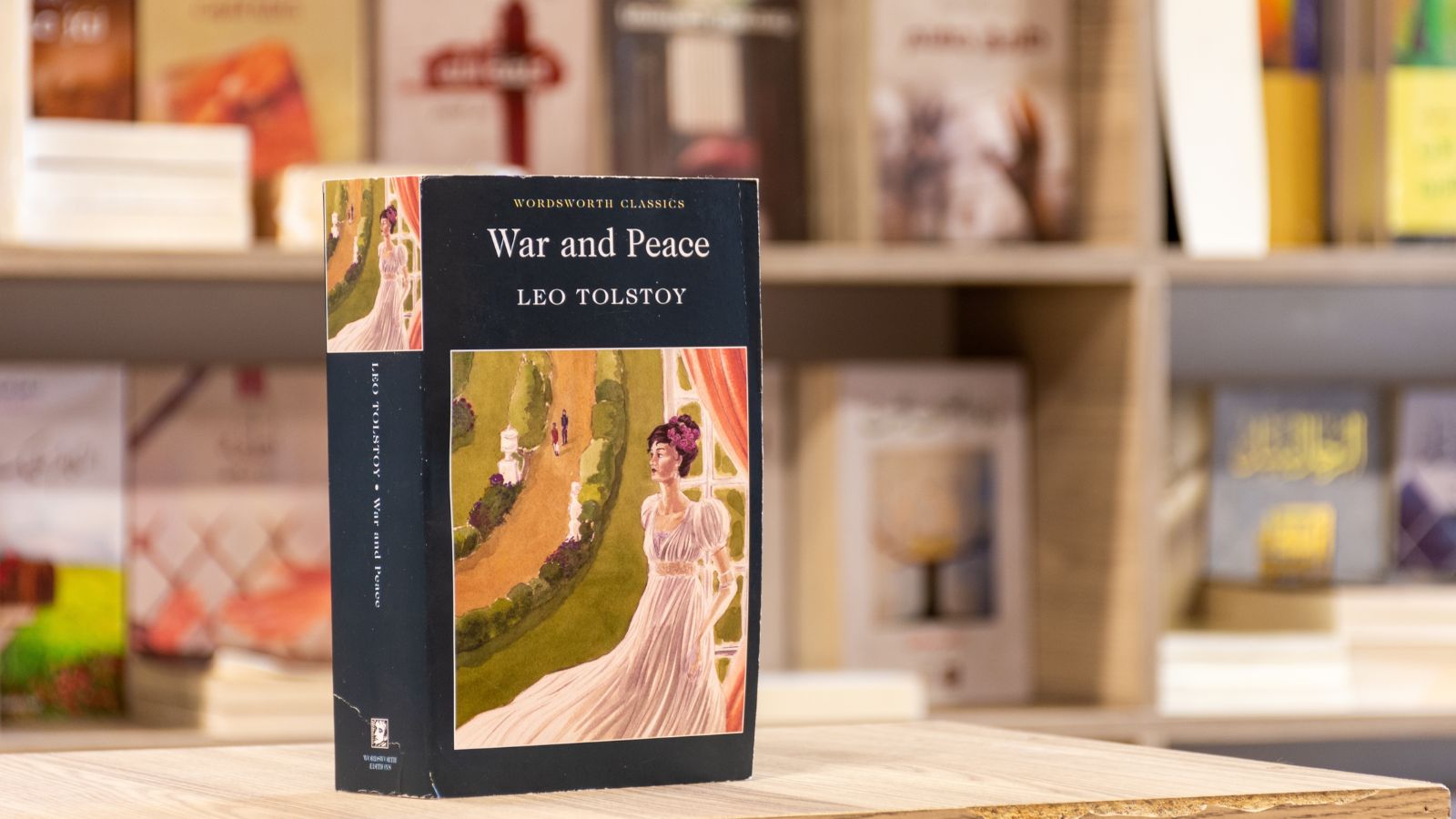
Probably considered one of the greatest books of all time, Tolstoy’s epic Russian novel is also the poster child for intimidating classics. Its sweeping tale of love, war, and history is undeniably grand, but the sheer size and deep dives into 19th-century Russian society often make readers turn off.
It’s a cultural touchstone most known by reputation rather than firsthand experience.
Moby-Dick by Herman Melville
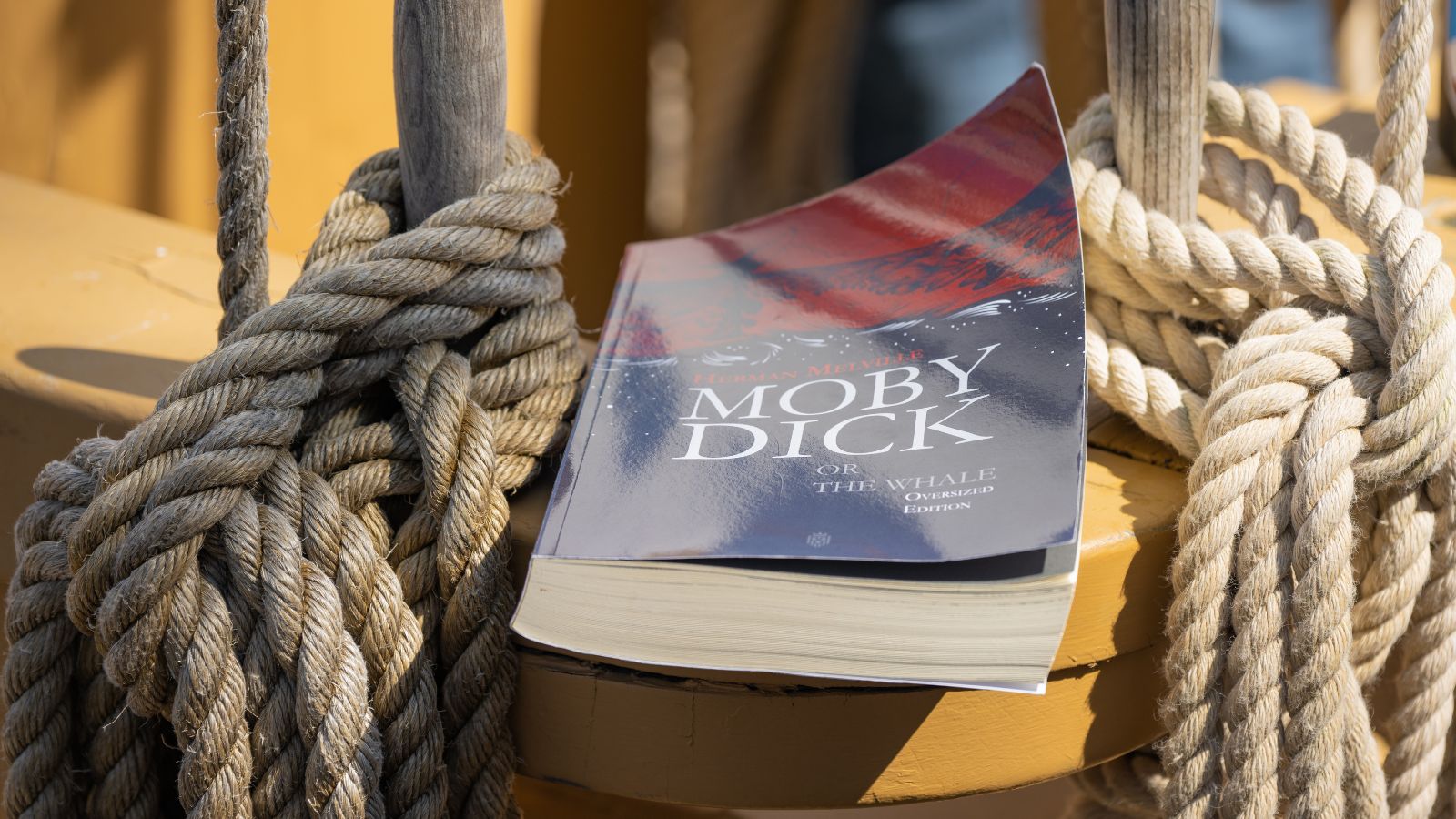
We can all agree that ‘Call me Ishmael’ is one of the most famous opening lines in literature, but that’s about as far as many readers get. Packed with philosophical musings, lengthy whaling details, and sections on maritime life, Melville’s magnum opus is more often abandoned than conquered.
The Brothers Karamazov by Fyodor Dostoevsky

Thanks to this novel’s intense exploration of morality, faith, and family dynamics, this book has earned its spot as a literary heavyweight. But Dostoevsky’s sprawling narrative and complex characters can feel like a marathon and you’ll find that many readers proudly reference it without actually finishing the journey.
Just bringing up The Brothers Karamazov in conversation makes you sound deep enough.
Don Quixote by Miguel de Cervantes

This classic Spanish novel is extremely hefty in size, and its episodic nature makes it a tough read for modern audiences. The fact that it was written in the early 1600s says it all, and if you find Shakespeare a challenge, then you probably won’t have much luck with this.
While the tale of the delusional knight tilting at windmills is iconic, most people settle for knowing the gist rather than diving into Cervantes’ layered storytelling.
The Divine Comedy by Dante Alighieri
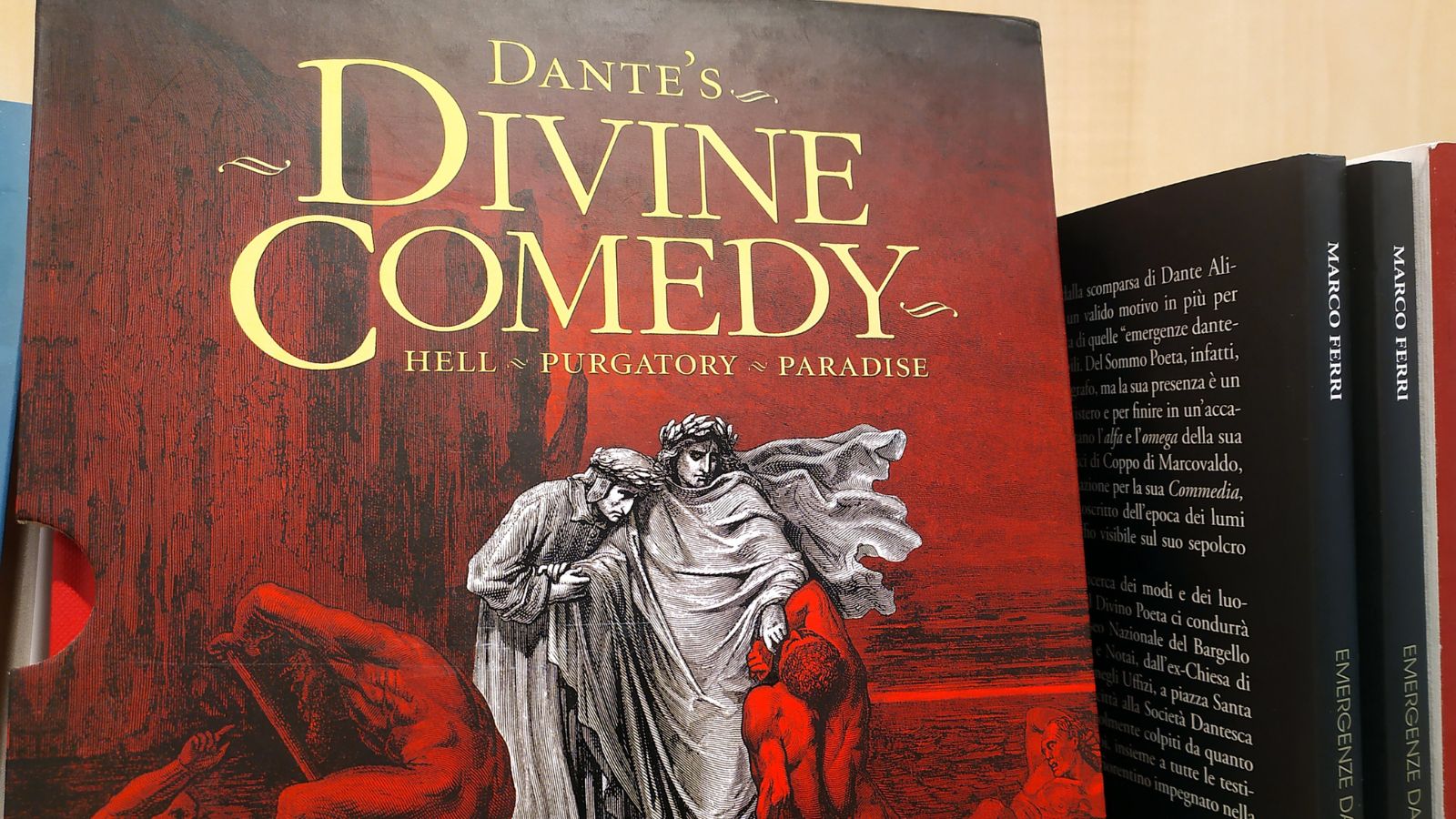
Most bookworms will tell you that while Dante’s epic journey through Hell, Purgatory, and Heaven is undeniably influential, it’s not exactly light reading. The philosophical depth and old-fashioned language make it a challenge, even in translation. Most folks are more familiar with the vivid imagery of Inferno than the rest of the text.
Les Misérables by Victor Hugo
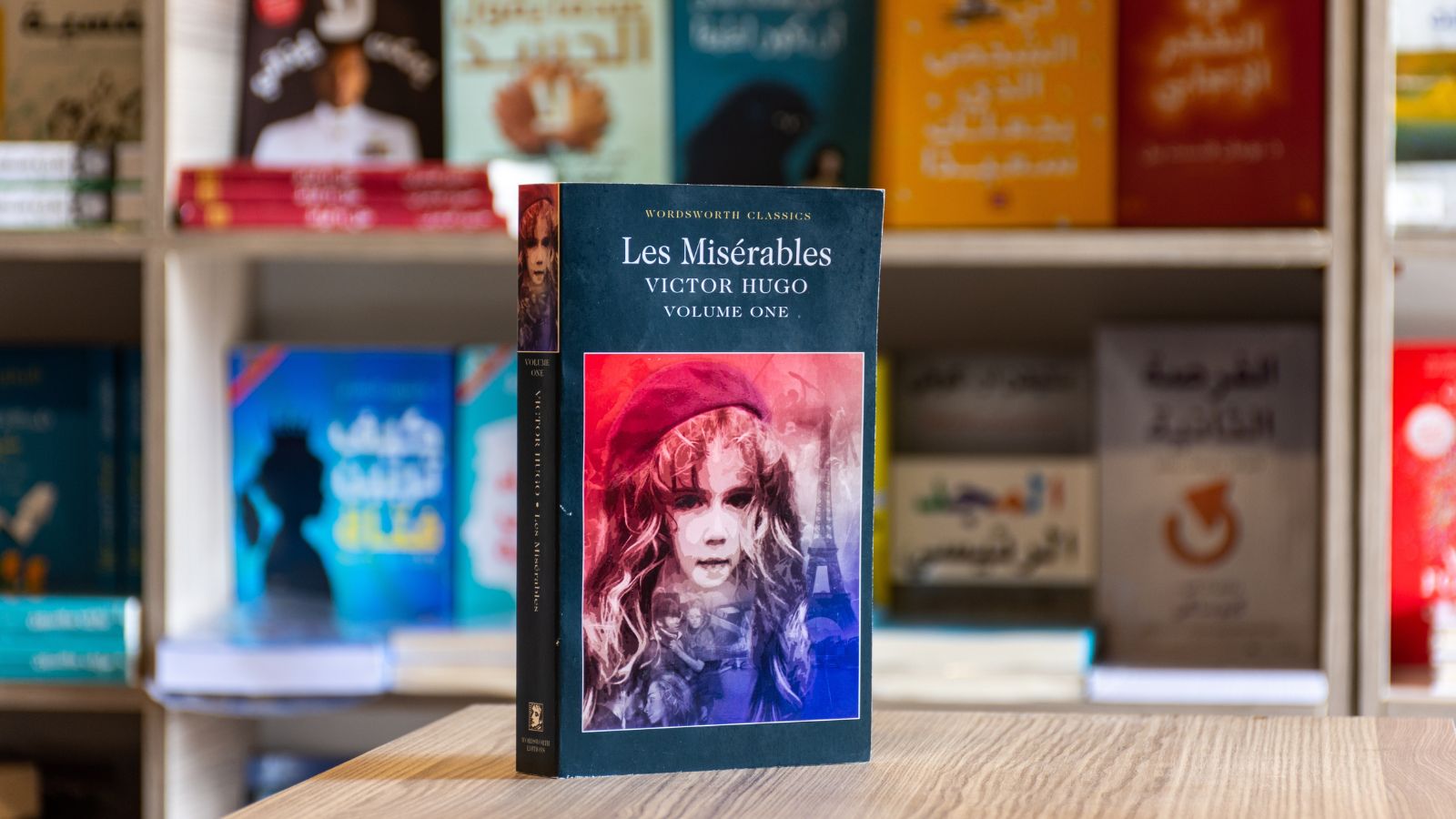
Mainly due to the fact that this novel is around 1400 pages long, even die-hard fans of the musical often shy away from Hugo’s epic novel. With its intricate descriptions of 19th-century Paris and endless subplots, this book demands patience and lots of it.
While richly rewarding, it’s no surprise that many copies gather dust after the first few chapters. If you want to try reading Hugo, then ‘Notre Dame de Paris’ is your best bet.
Anna Karenina by Leo Tolstoy
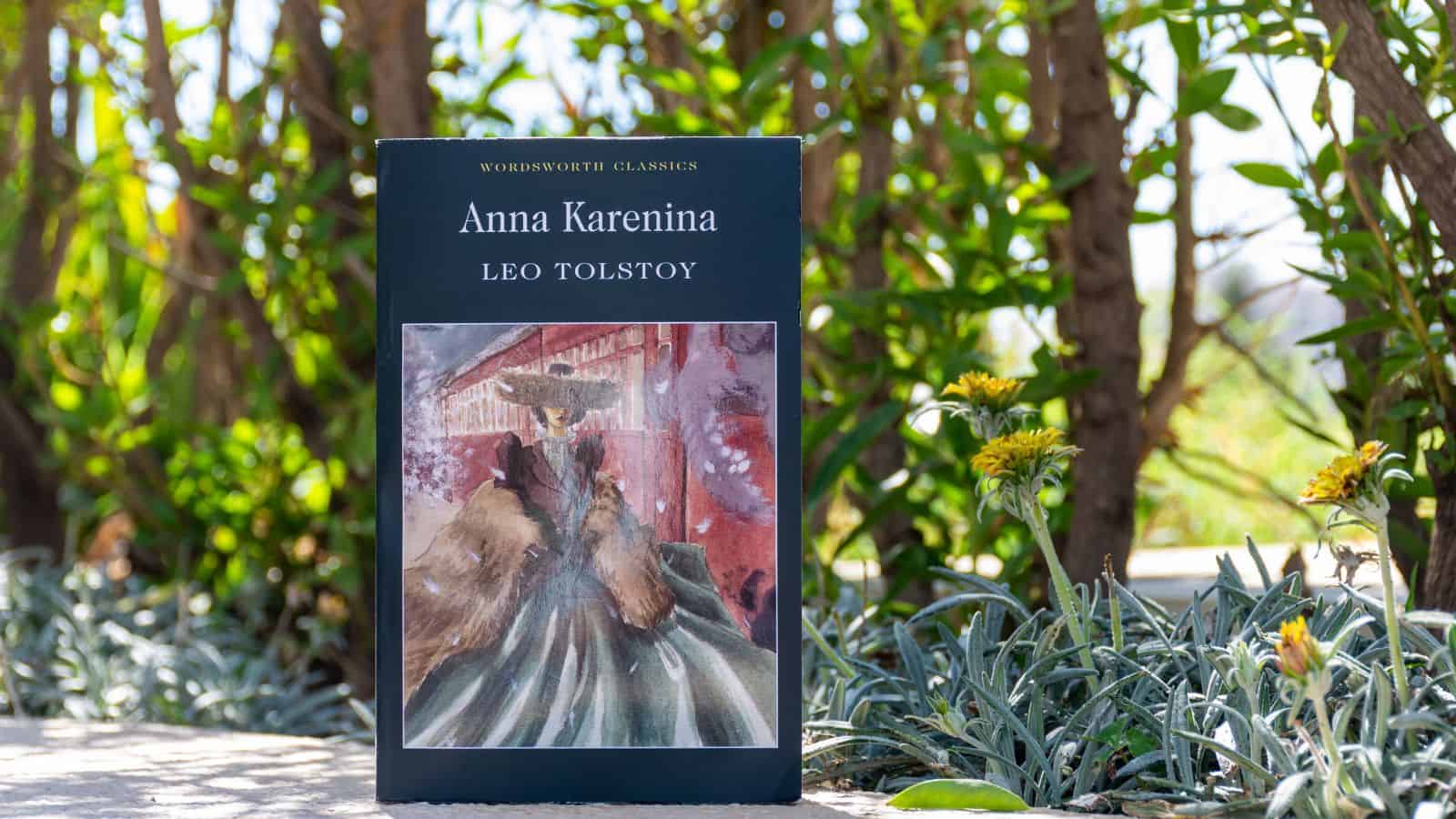
You can’t deny that Tolstoy’s tale of love, infidelity, and societal expectations is undoubtedly brilliant, but it’s also a beast of a read. Its complex characters and moral dilemmas are engaging, but the sheer scale can feel overwhelming.
Many readers start with good intentions but wind up settling for a summary or will watch the movie instead.
The Canterbury Tales by Geoffrey Chaucer
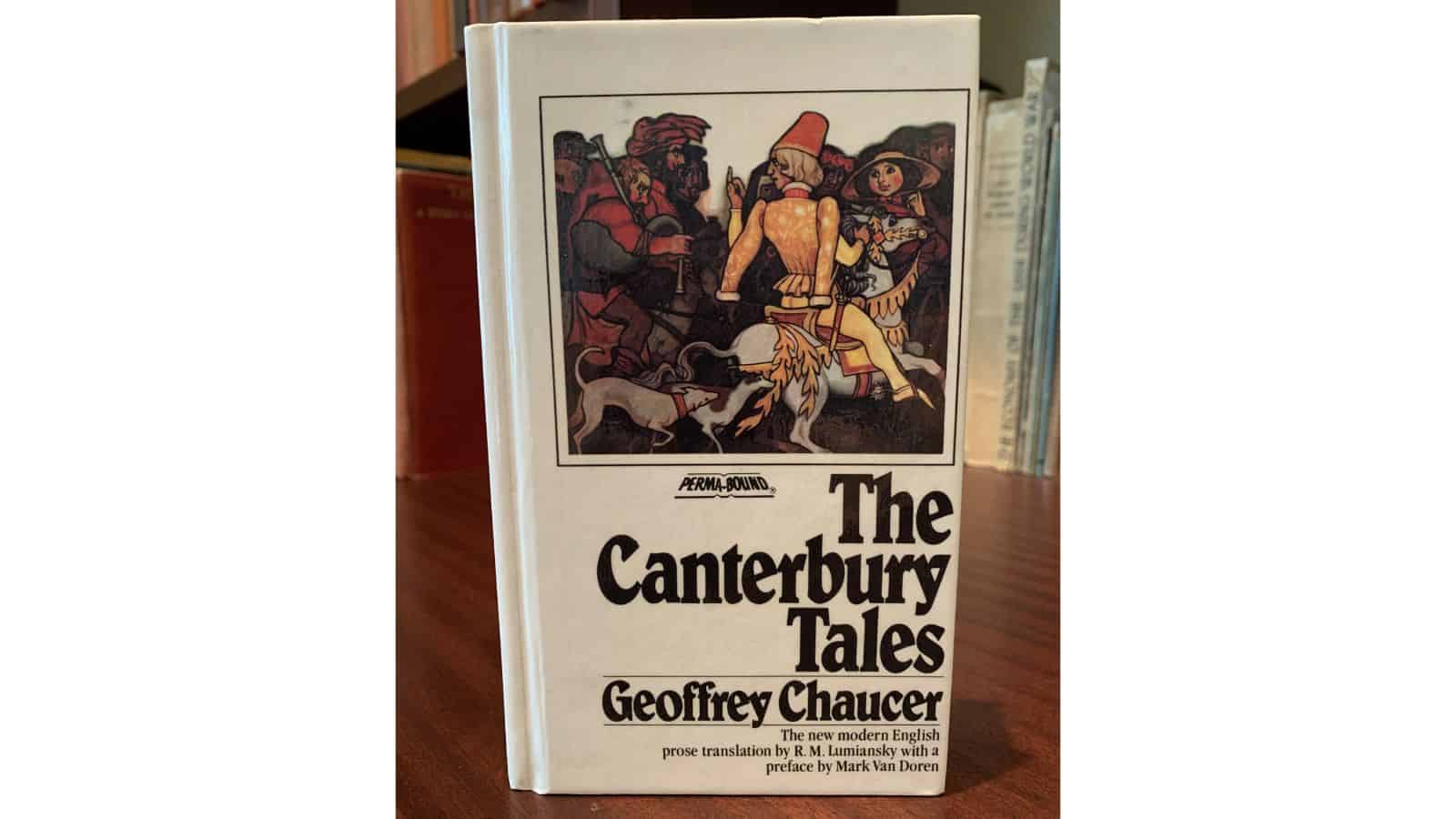
Often thought of as the cornerstone of English literature, this book is often referenced but rarely read in its entirety. The Middle English text can be tough for modern readers, and even translations don’t always capture its humor and social commentary. Most people know a tale or two, but stop short of tackling the whole collection, and you can’t blame them.
A Brief History of Time by Stephen Hawking
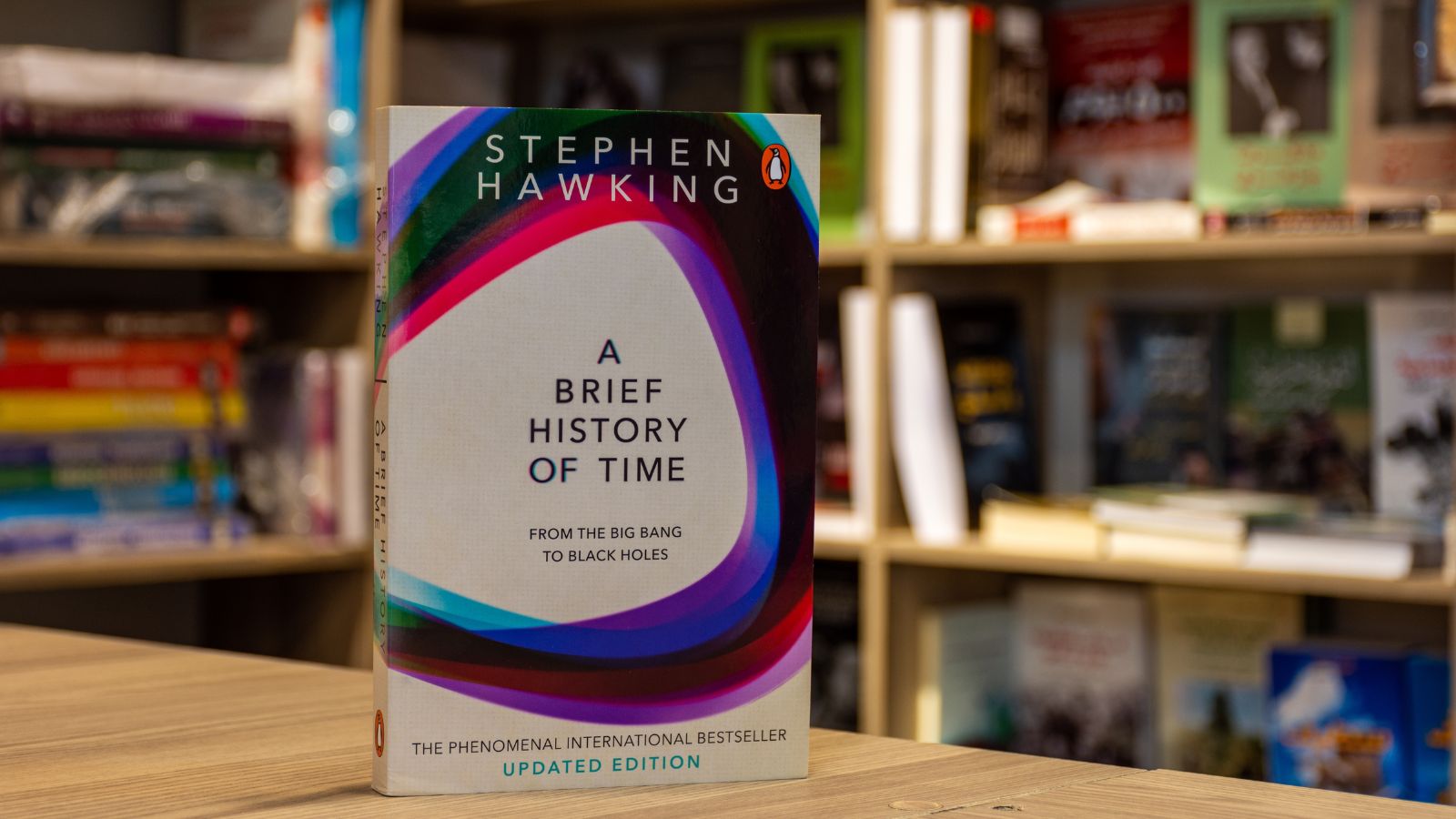
As you’re probably aware, Stephen Hawking’s exploration of the universe’s mysteries is a symbol of intellectual curiosity. Yet its scientific complexity intimidates even enthusiastic readers, who soon find themselves put off by its content.
While it was written to be accessible, many people keep a copy more as a badge of curiosity than as a book they’ve actually finished.
Pride and Prejudice by Jane Austen
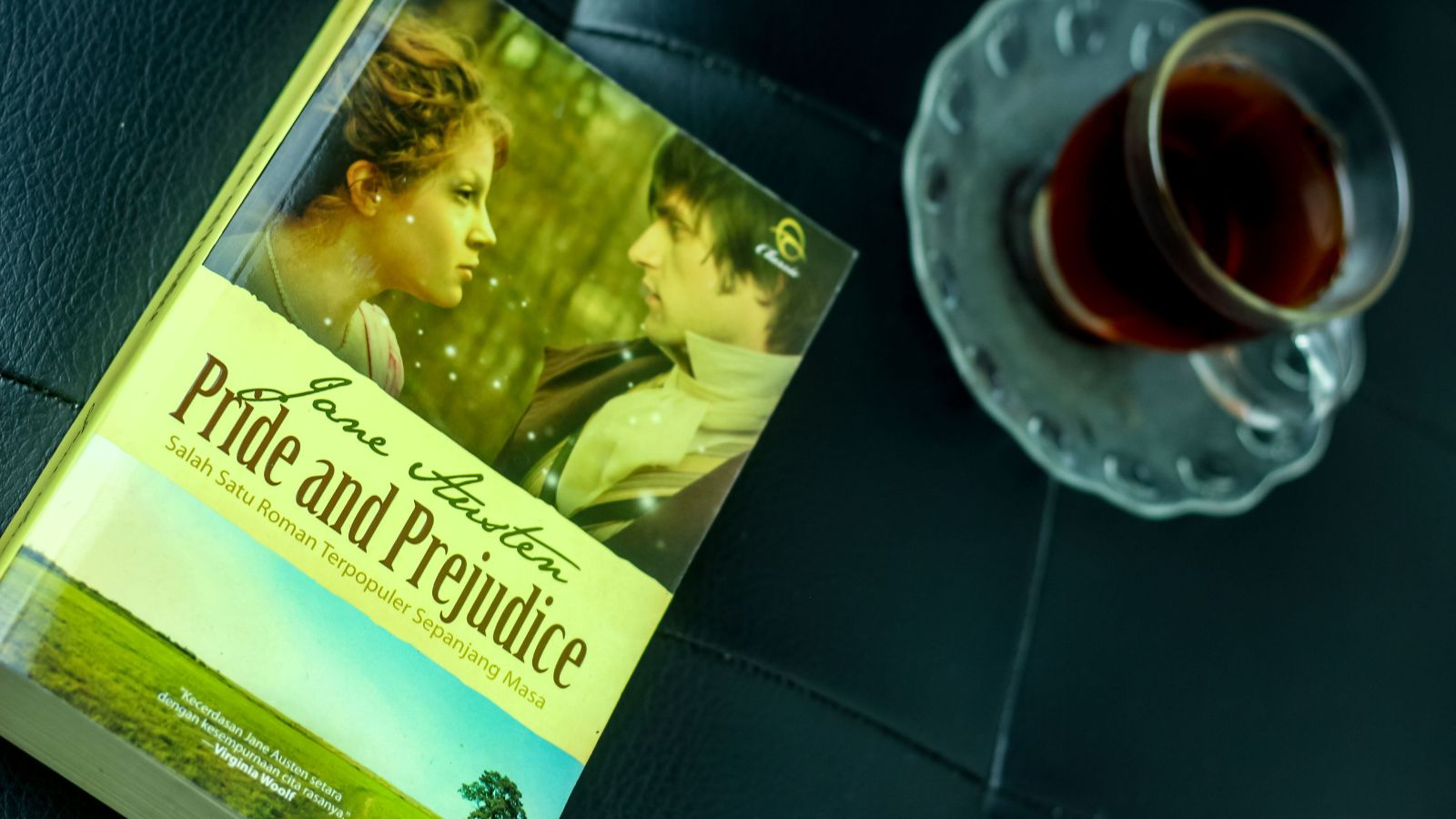
Don’t be fooled. Even though Jane Austen’s beloved classic is adored by fans worldwide, it’s often skimmed rather than savored. Thanks to countless adaptations, many people know the story without diving into the text. However, you can argue that as the book is relatively short, its sharp wit and social insights are worth the effort.
1984 by George Orwell
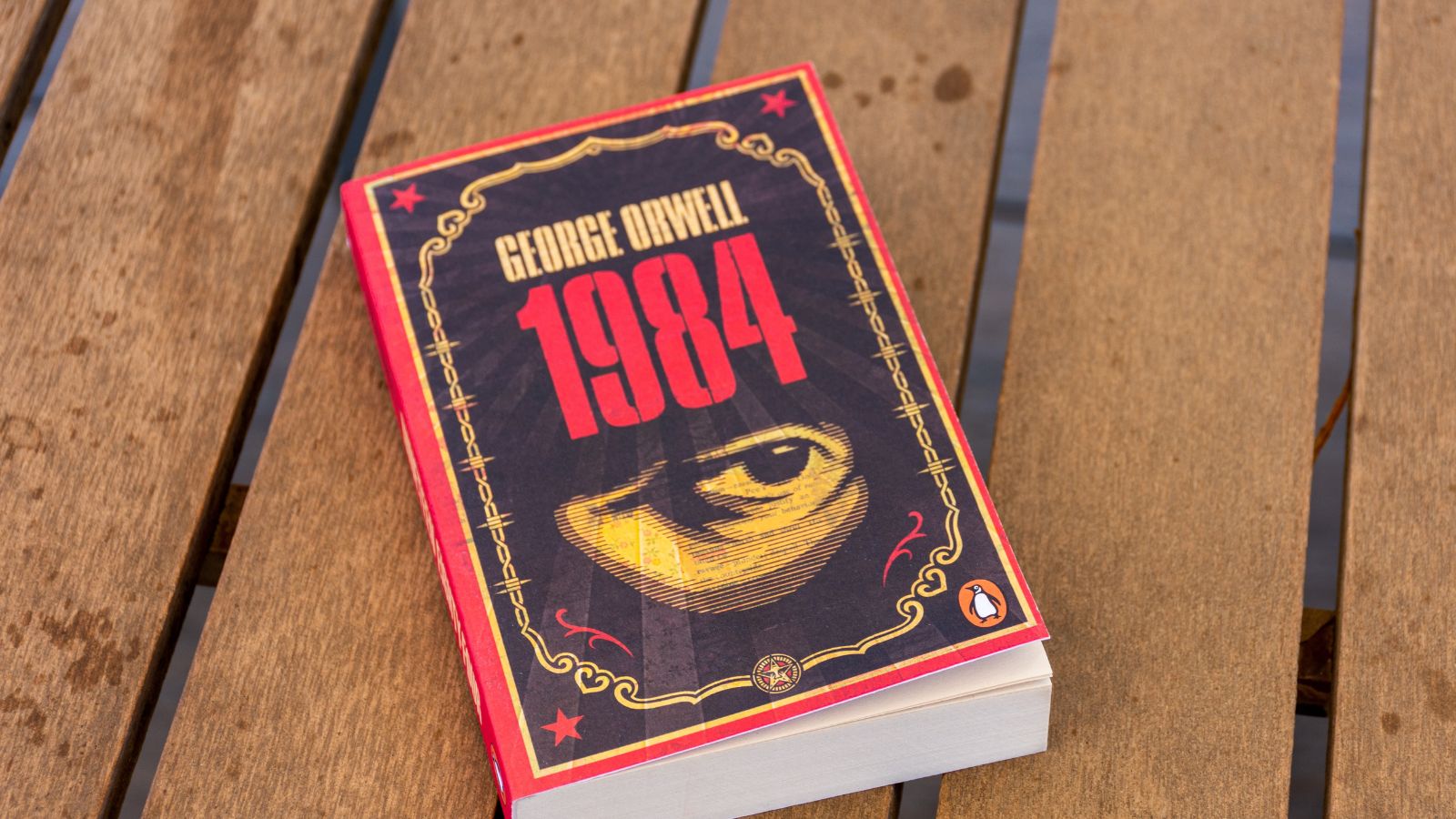
This dystopian novel is referenced so often in conversations about politics and surveillance that it feels as though it’s everywhere. But people usually avoid it thanks to the novel’s grim tone and oppressive atmosphere, making it a turn-off for many readers.
While terms like ‘Big Brother’ and ‘doublethink’ are part of our collective vocabulary, not everyone makes it through Orwell’s bleak vision of the future.
To Kill a Mockingbird by Harper Lee
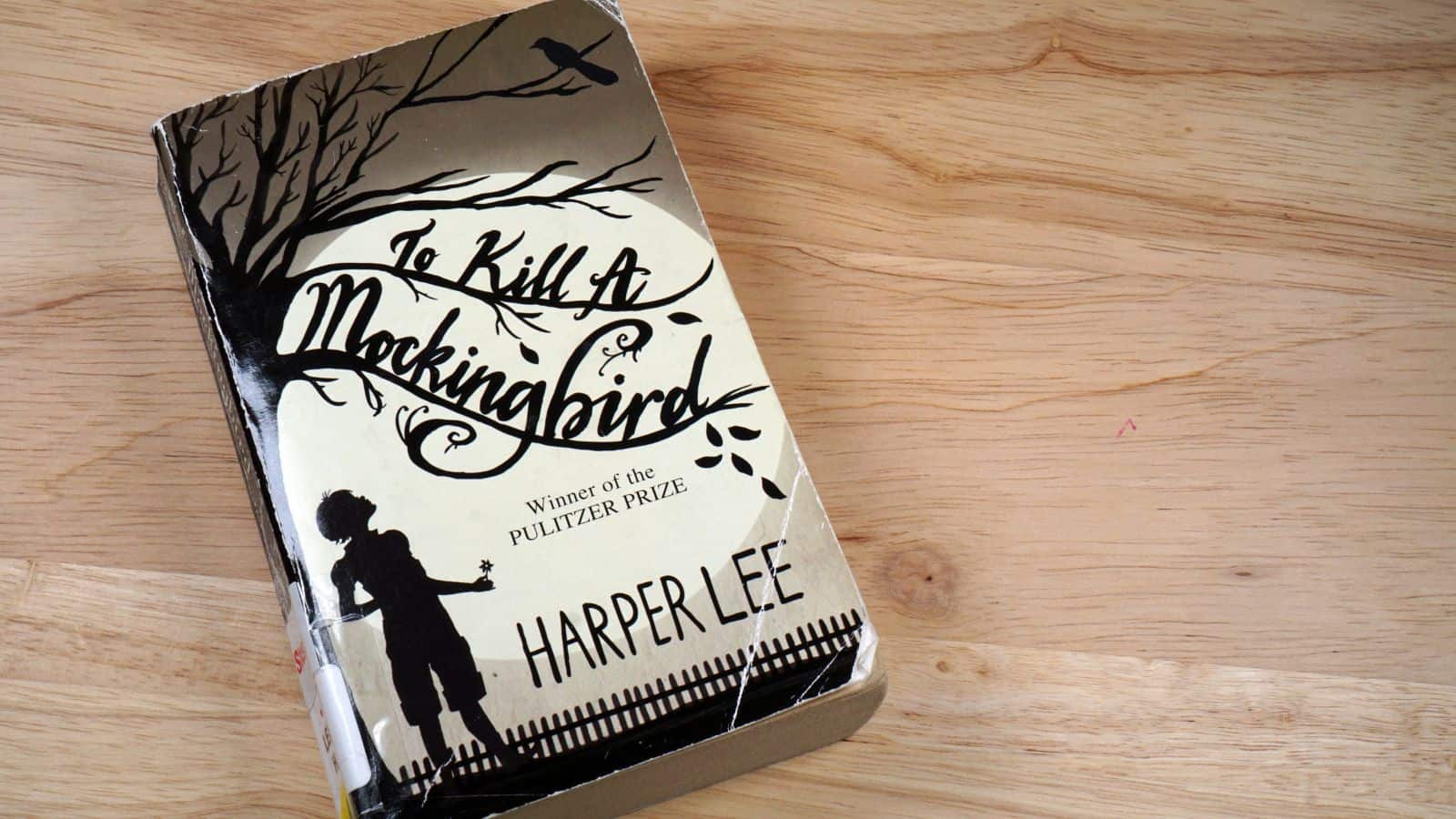
Even though you may have read this at school, it’s hard to learn the full grasp of what this novel actually stands for until your later years, and by then, most people don’t bother to read it. This American classic often lingers in memory as key moments and themes rather than a complete reading experience. Its exploration of justice and morality is powerful, but many people rely on summaries or class discussions to grasp its core ideas.
The Catcher in the Rye by J.D. Salinger
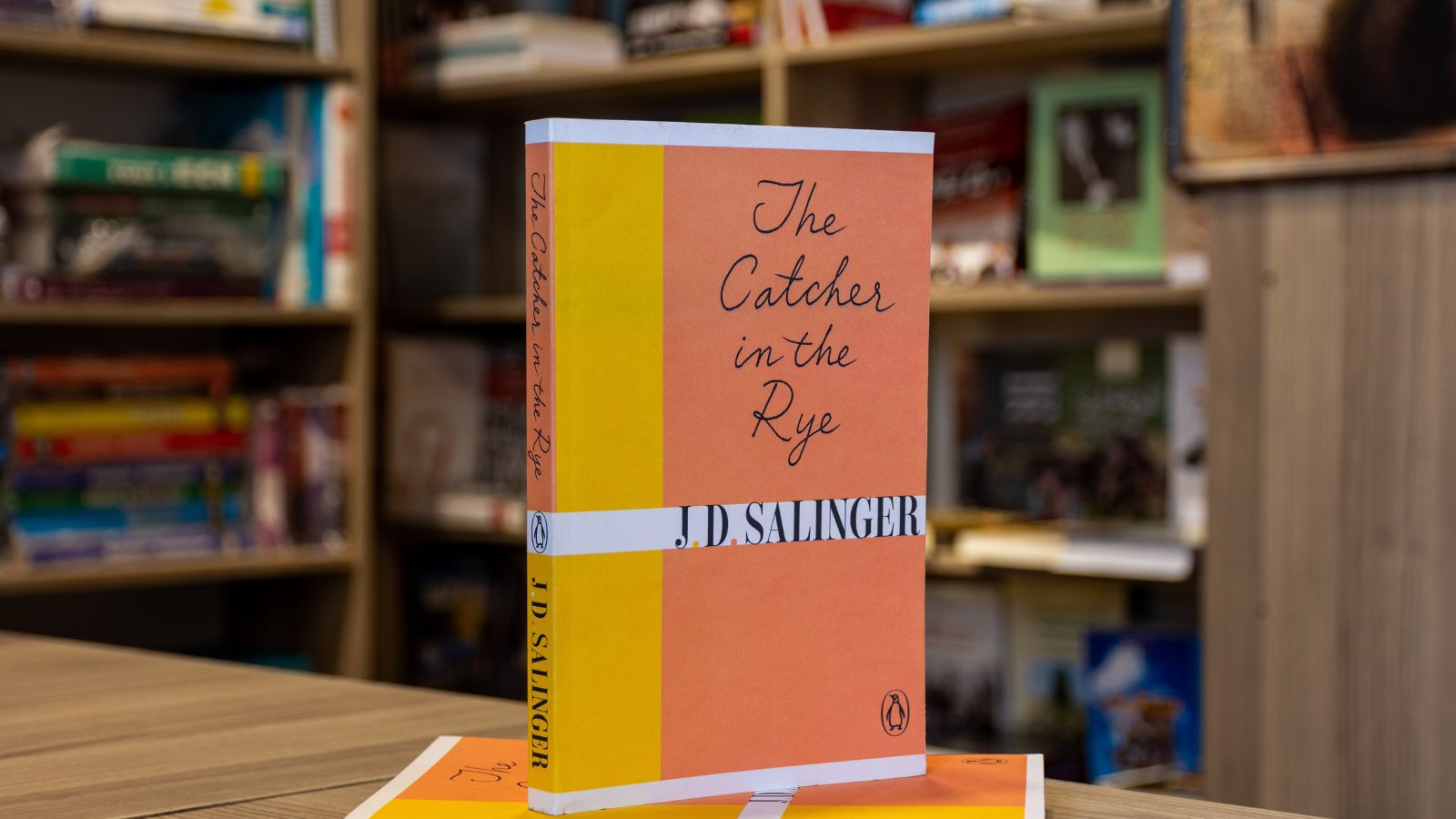
Most people know the gist of this book, but not everyone has taken the time to read it, even though Holden Caulfield’s angsty musings are a cultural touchstone. It’s usually Salinger’s conversational style and meandering plot that put people off reading it. While its themes of rebellion resonate, plenty of readers quote its attitude more than engage with its pages.
The Great Gatsby by F. Scott Fitzgerald
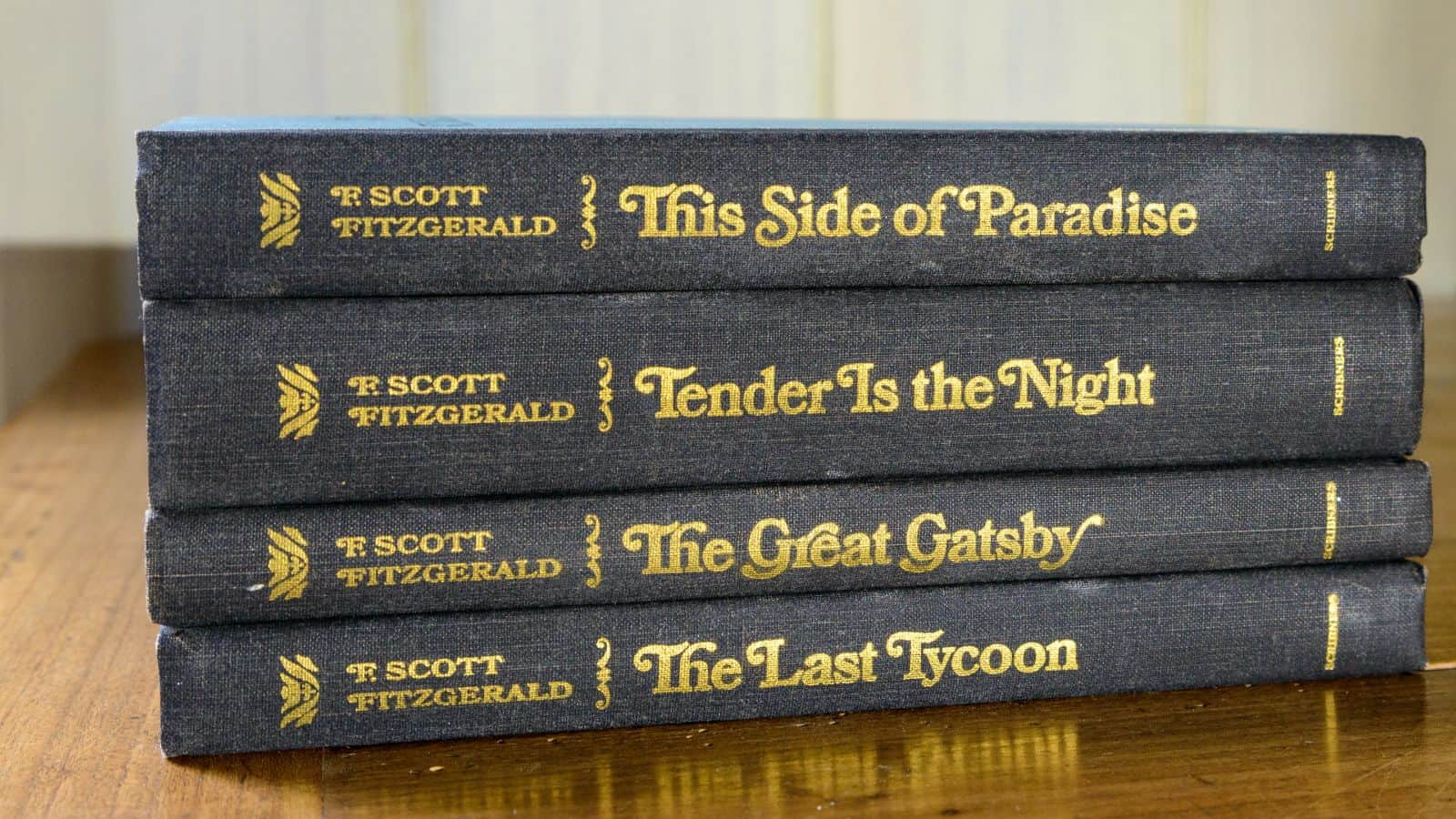
If you’re like most people, then you probably already know the plot of ‘The Great Gatsby’ without actually having to read it. While most people can rattle off themes like the green light or Gatsby’s tragic love, not everyone fully absorbs the book itself, and for many people, this novel is only an elegant party you only half remember.
